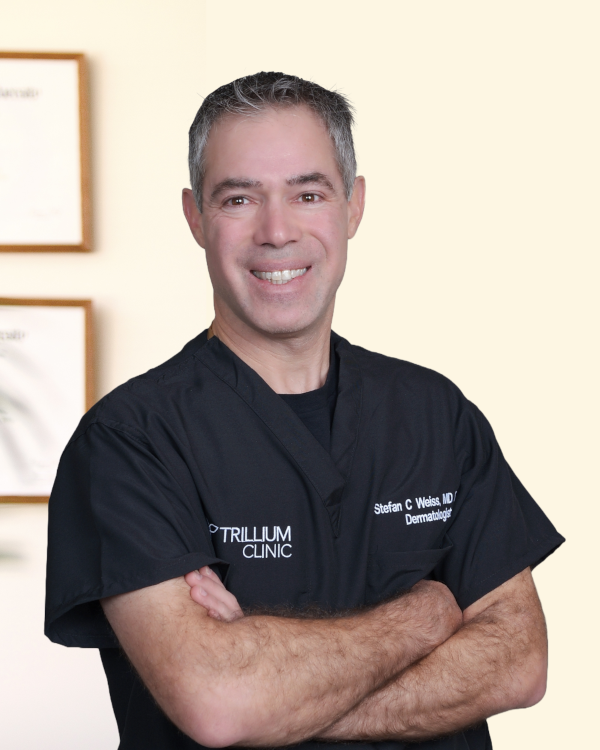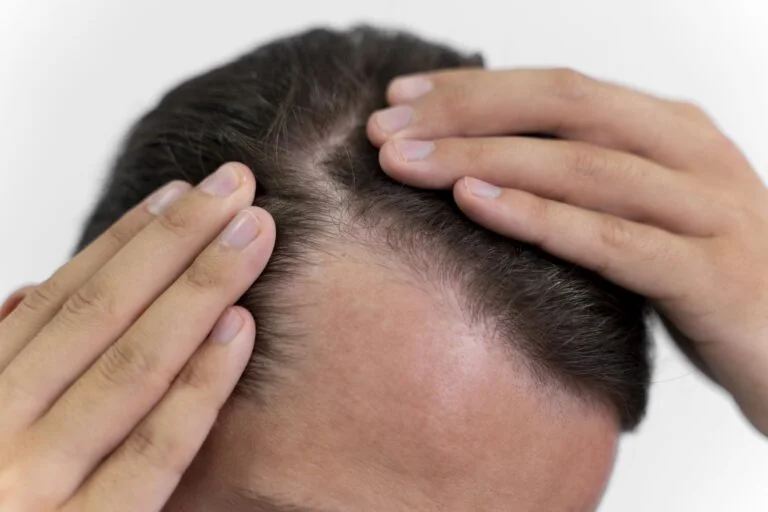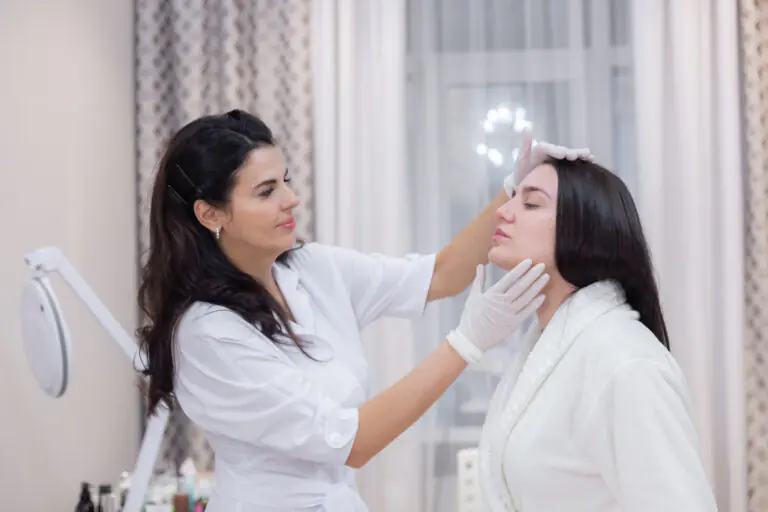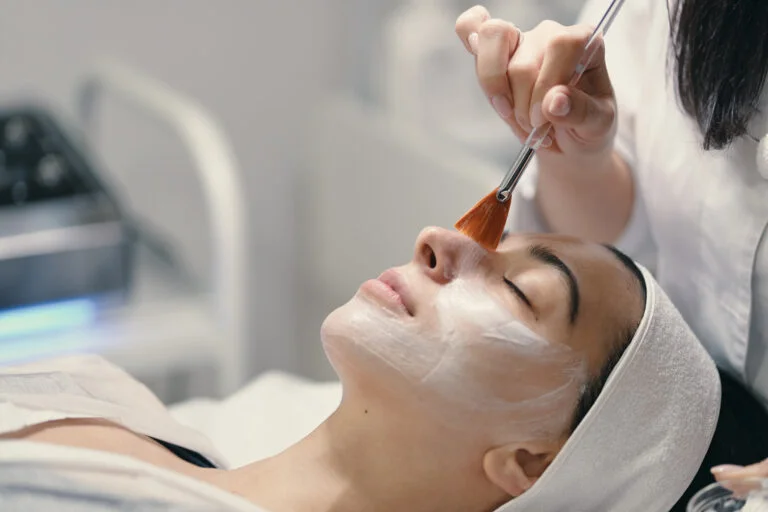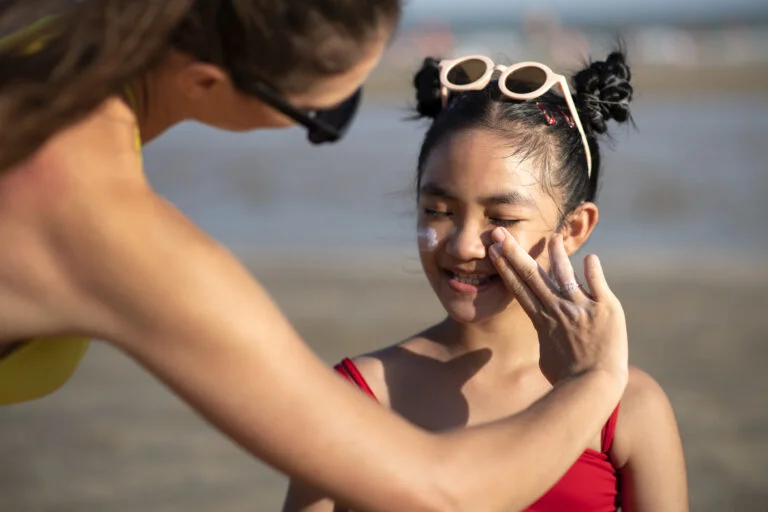Hair loss is a common concern affecting millions of men and women worldwide. Whether caused by genetics, aging, stress, or medical conditions, losing hair can significantly impact self-esteem and confidence. Fortunately, there are numerous hair loss treatments available to help manage and restore hair loss. This comprehensive guide explores various hair loss treatments, including advanced therapies like exosomes, to help you achieve healthier, fuller hair.
Understanding Hair Loss
Hair loss, or alopecia, can manifest in different forms, including male and female pattern baldness, alopecia areata, telogen effluvium, and more. Identifying the root cause of hair loss is essential for choosing the most effective treatment. Common causes of hair loss include:
Genetics: Hereditary hair loss, such as androgenetic alopecia, is the most common cause of hair loss.
Hormonal Changes: Hair loss can result from pregnancy, menopause, and thyroid problems.
Medical Conditions: Hair loss can be triggered by conditions such as alopecia areata, scalp infections, and autoimmune diseases.
Medications: Certain medications for cancer, arthritis, depression, and heart problems may have hair loss as a side effect.
Stress and Lifestyle: Hair loss can be caused by high stress levels, a poor diet, and insufficient sleep.
Topical Hair Loss Treatments
Topical treatments are often the first step in addressing hair loss. They are applied directly to the scalp to promote hair growth and enhance hair health.
Minoxidil
Minoxidil is an over-the-counter medication that promotes hair growth and slows down hair loss. It is available in liquid or foam form and should be applied to the scalp twice daily. Minoxidil is effective for both men and women and can show results in a few months. Consistent use is necessary to maintain the benefits, as stopping treatment can lead to hair loss resuming.
Finasteride
Finasteride is a prescription medication available in pill form that reduces the hormone responsible for shrinking hair follicles. It is primarily used for male pattern baldness and can significantly slow hair loss and promote regrowth. Finasteride should be taken under the guidance of a healthcare provider due to potential side effects, such as sexual dysfunction.
Oral Hair Loss Treatments
Oral medications can address hair loss from within the body and are often prescribed for more severe cases.
Spironolactone
Spironolactone is an oral medication that works as an anti-androgen, blocking hormones that cause hair loss. It is often prescribed to women with hair loss related to hormonal imbalances.
Regular monitoring by a healthcare provider is necessary to manage potential side effects, including electrolyte imbalances.
Dutasteride
Dutasteride is another oral medication that inhibits the hormones responsible for hair follicle shrinkage. It is similar to finasteride but may be more effective for some individuals. As with finasteride, dutasteride requires medical supervision due to potential side effects.
Advanced Hair Loss Treatments
For those who do not respond to traditional treatments, advanced therapies offer additional options for hair restoration.
Hair Transplant Surgery
Hair transplant surgery involves moving hair follicles from one part of the scalp to areas with thinning or no hair. There are two main types of hair transplant procedures: Follicular Unit Transplantation (FUT) and Follicular Unit Extraction (FUE). Both methods can provide natural- looking and long-lasting results, but the choice depends on the patient’s needs and the surgeon’s recommendation.
Platelet-Rich Plasma (PRP) Therapy
PRP therapy involves taking a small sample of the patient’s blood, processing it to concentrate the platelets, and then injecting the PRP into the scalp. Platelets contain growth factors that can stimulate hair follicles and promote hair growth. This minimally invasive treatment can be combined with other therapies for enhanced results.
Low-Level Laser Therapy (LLLT)
LLLT utilizes red light wavelengths to activate hair follicles and encourage hair growth. This non-invasive treatment can be performed in a clinic or at home using specialized laser devices. Regular sessions are required to maintain results, and LLLT is often used in conjunction with other hair loss treatments.
Hair Rejuvenation with Exosomes
Exosomes are tiny extracellular vesicles derived from stem cells, packed with growth factors, proteins, and genetic material that promote cell communication and regeneration. It is good to make use of exosomes for hair loss as they play a crucial role in enhancing hair follicle health, stimulating new hair growth, and improving the overall quality of existing hair.
Benefits of Hair Rejuvenation with Exosomes
Stimulates Hair Growth: Exosomes activate dormant hair follicles and promote the growth of new, healthy hair.
Improves Hair Density: Enhances the thickness and fullness of existing hair, resulting in a more voluminous appearance.
Strengthens Hair: Strengthens hair strands, minimizing breakage and enhancing overall hair health.
Minimally Invasive: Requires no surgery, with minimal discomfort and downtime.
Natural Results: Uses the body’s own regenerative capabilities to achieve natural-looking hair Restoration.
What to Expect During Exosome Therapy
During the exosome therapy session, our experienced professionals will first prepare your scalp to ensure optimal absorption of the exosomes. The exosome solution is then injected into the targeted areas of the scalp using fine needles. This process is relatively quick and typically well-tolerated by patients.
Post-Treatment Care
Following exosome therapy, you may experience mild redness or swelling at the injection sites,
which usually subsides within a few hours to days. To maximize the benefits of the treatment, it is important to follow these post-care instructions:
- Avoid washing your hair for 24 hours post-treatment.
- Avoid vigorous physical activities for a day or two.
- Follow any additional care guidelines provided by our specialists.
Natural and Home Remedies for Hair Loss
For those seeking more natural approaches, several home remedies can help manage hair loss. While these methods may not be as potent as medical hair loss treatments, they can be beneficial as part of a comprehensive hair care regimen.
Essential Oils
Essential oils, such as rosemary, peppermint, and lavender, have been shown to promote hair growth and improve scalp health. Dilute a few drops of essential oil with a carrier oil, such as coconut or jojoba oil, and massage it into the scalp. Regular use can improve hair thickness and reduce hair loss.
Scalp Massage
Regular scalp massages can increase blood flow to the hair follicles, which supports hair growth. Use your fingertips to gently massage the scalp in circular motions for a few minutes each day. This can also help reduce stress, which is a common trigger for hair loss.
Balanced Diet
Eating a balanced diet rich in vitamins and minerals is crucial for healthy hair growth. Include foods high in biotin, vitamin E, zinc, and omega-3 fatty acids. Foods like eggs, nuts, seeds, fish, and leafy greens can provide the essential nutrients needed for strong, healthy hair.
Lifestyle Changes for Hair Loss Prevention
In addition to hair loss treatments, certain lifestyle changes can help prevent and manage hair loss.
Reduce Stress: Elevated stress levels can contribute to hair loss. Include stress-reducing activities like yoga, meditation, and regular exercise in your routine.
Avoid Tight Hairstyles: Hairstyles that pull on the hair, like ponytails and braids, can cause hair breakage and loss. Opt for looser styles that don’t strain the hair.
Limit Heat and Chemical Treatments: Excessive use of heat styling tools and chemical treatments can damage the hair and lead to hair loss. Use these tools sparingly and always apply a heat protectant.
Stay Hydrated: Drinking plenty of water is essential for overall health and can help maintain the the health of your hair.
Consulting a Dermatologist
For persistent or severe hair loss, consulting a dermatologist is crucial. A dermatologist can diagnose the cause of hair loss, recommend appropriate treatments, and monitor your progress. Professional guidance ensures that you receive the most effective and safe treatment for your specific condition.
Conclusion
Managing hair loss requires a comprehensive approach that includes medical treatments, natural remedies, lifestyle changes, and professional guidance. By understanding the various treatment options available and working closely with a healthcare provider, you can effectively manage hair loss and achieve healthier, fuller hair. Dr. Stefan Weiss is an internationally renowned, board-certified dermatologist with over two and a half decades of experience providing his patients with the best, most advanced options for hair loss.
Dr. Weiss takes a holistic approach and embraces a less-is-more philosophy, creating customized skincare routines and treatment plans that cater to the unique concerns and aesthetic goals of his patients. He is consistently identified as one of the Top dermatologists for his dedication to his patients and his expertise in hair restoration. If you are concerned with hair loss and are interested in learning more about advanced hair restoration options, including exosome treatments, Dr. Stefan Weiss is a nationally-recognized expert in Chapel Hill in regenerative medicine and can create a customized hair loss treatment plan for you. Contact the office today or call 919-710-8100 to book an appointment with Dr. Stefan Weiss.

